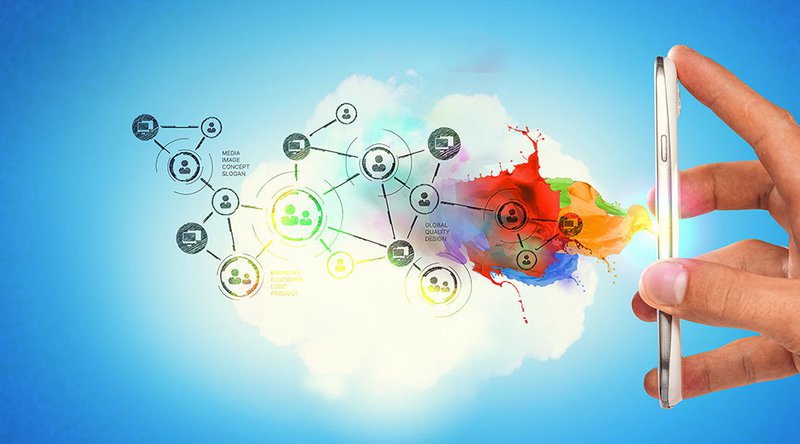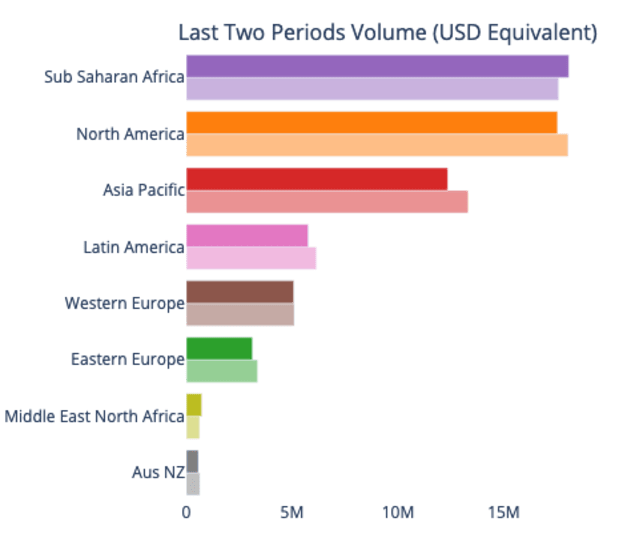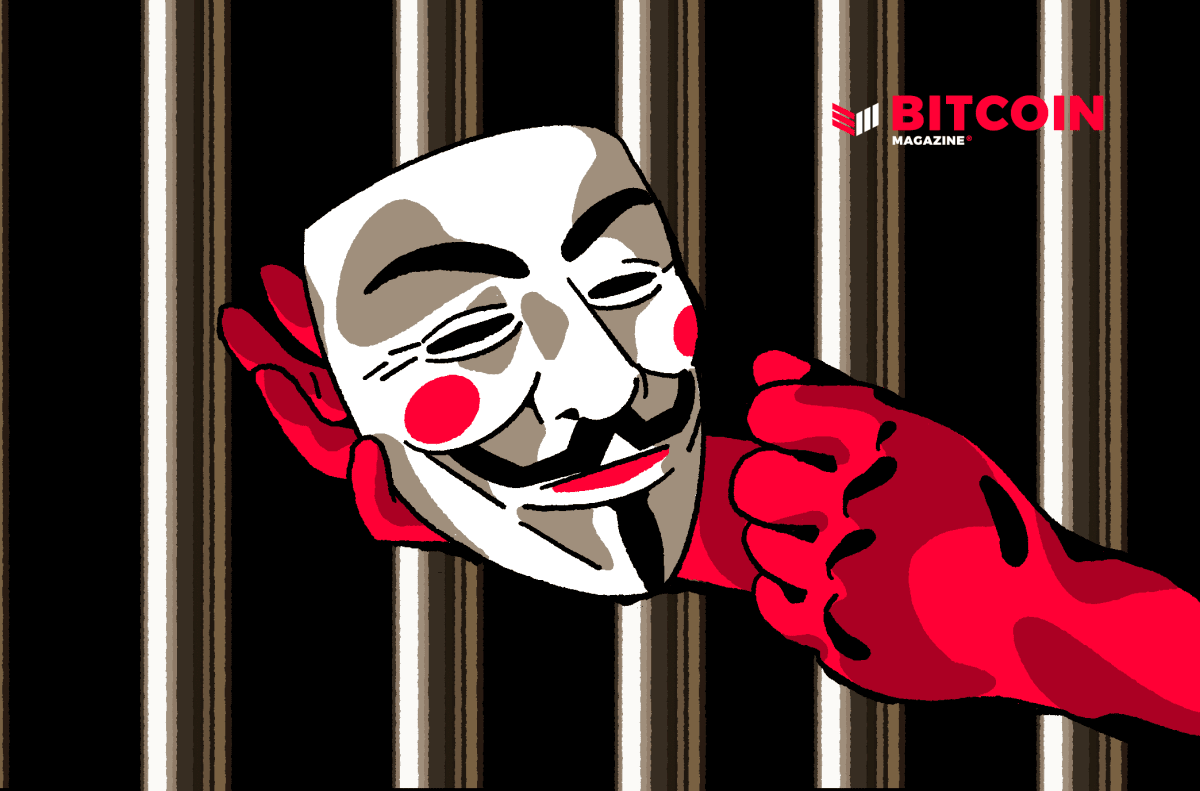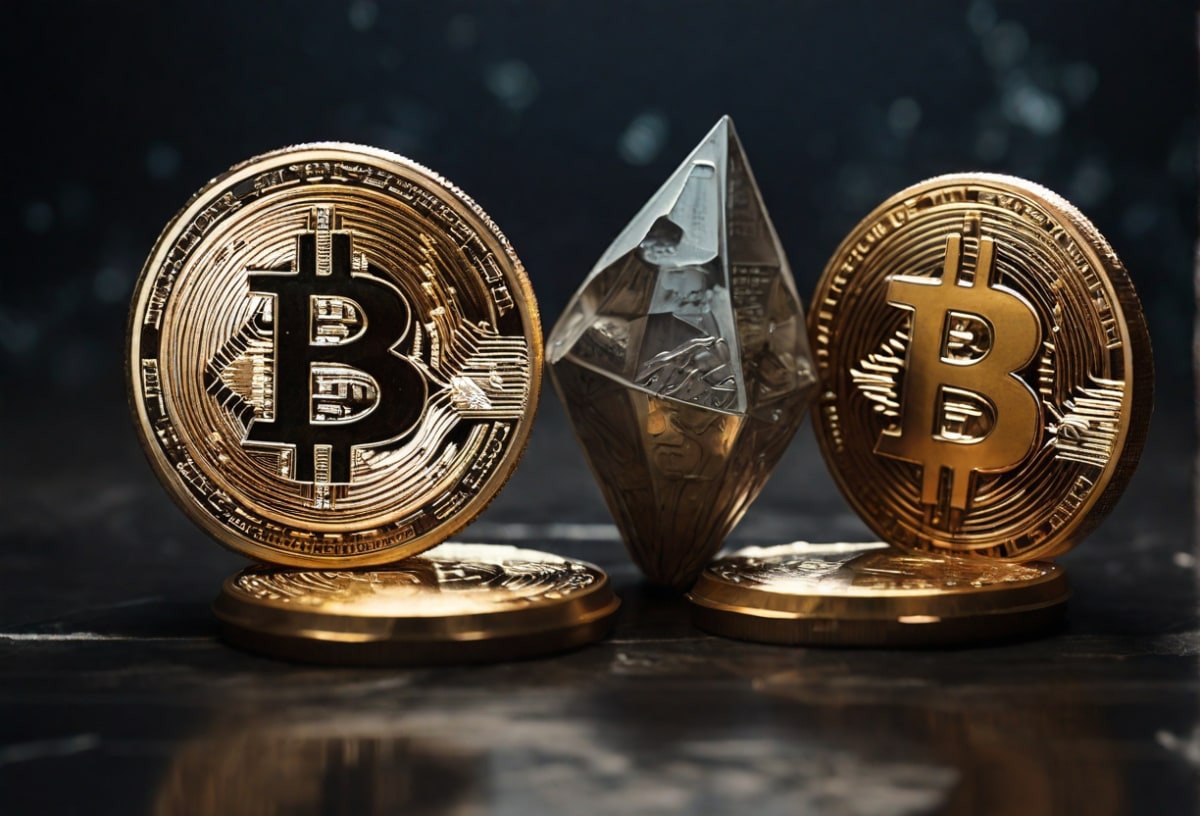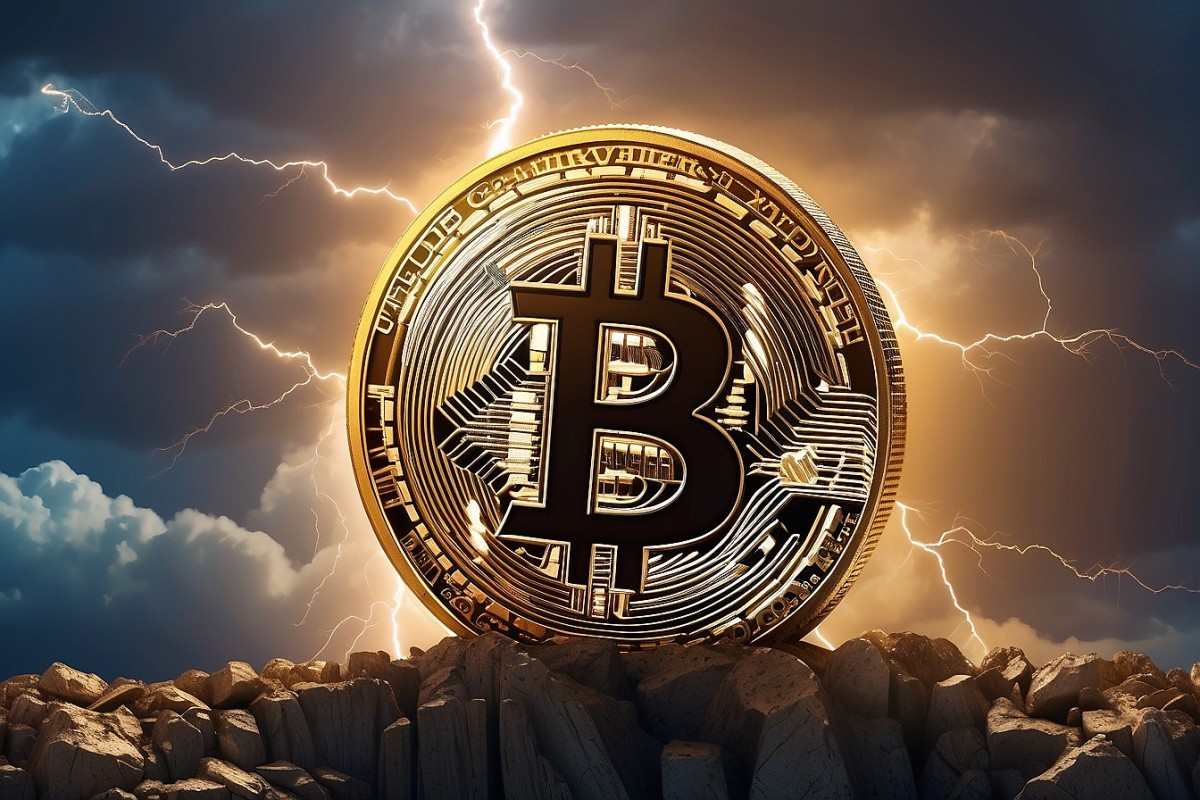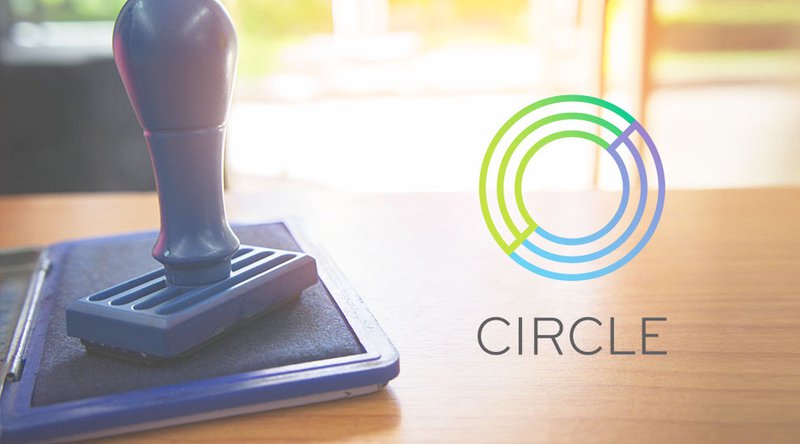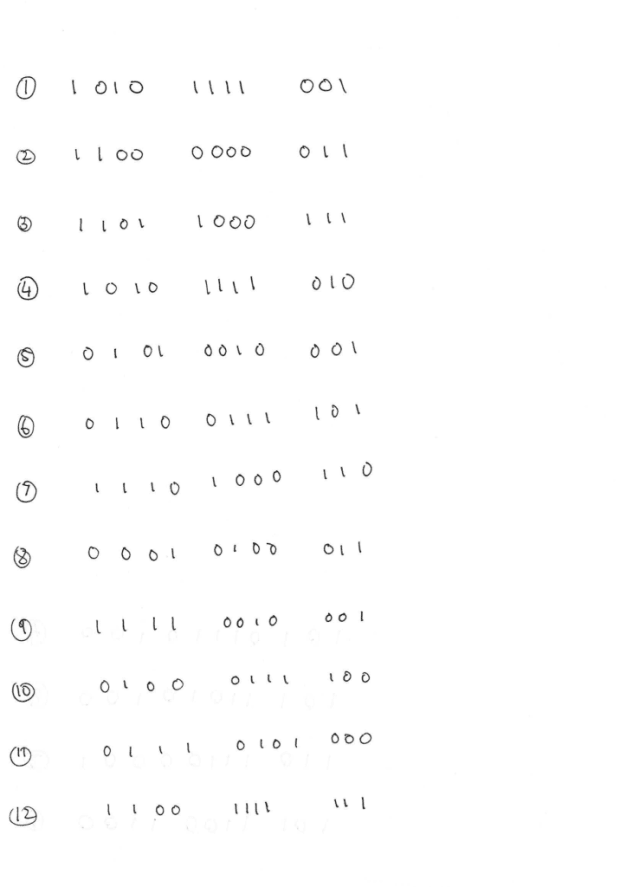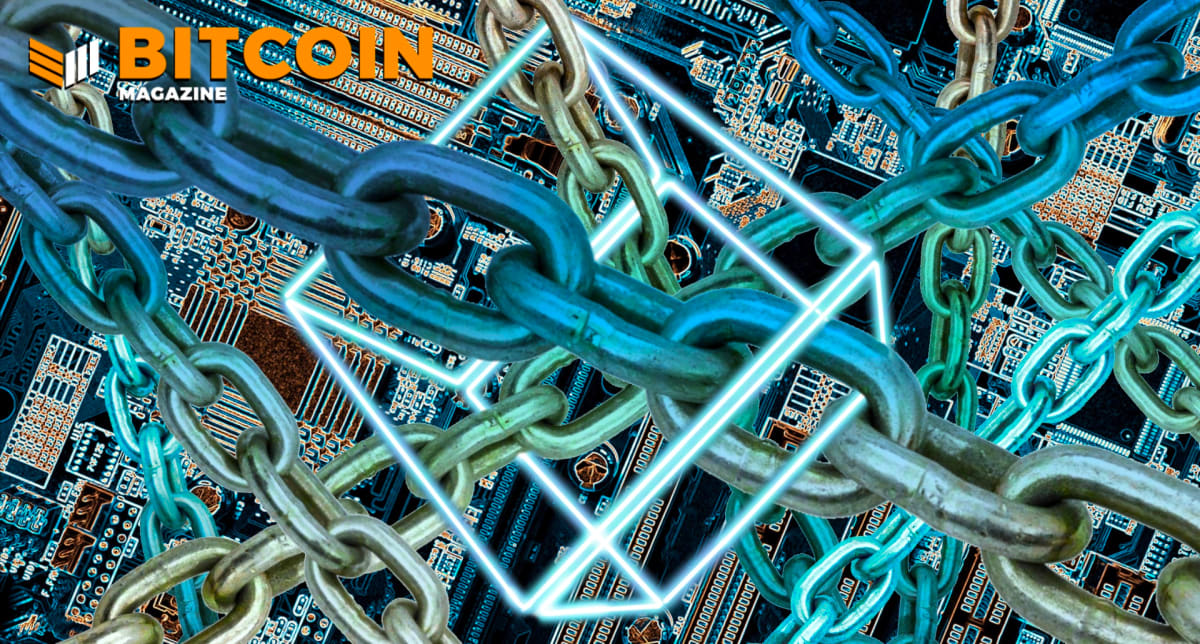I Saw The Problems Bitcoin Solved Before It Was Invented
If you’re curious about networking at Bitcoin 2022, explaining bitcoin to boomers, or whether or not you have scurvy, read on.
Watch This Episode On YouTube
Listen To This Episode:
- Apple
- Spotify
- Libsyn
- Overcast
The last time I talked to a lawyer, it wasn’t this fun. Mark Maraia, author, contributor and now contributor liaison here at Bitcoin Magazine, has incredible insight into various industries that are all impacted by Bitcoin. As he explained, there was a nagging feeling of looming problems and inefficiencies in many of the industries he’d worked in — but it wasn’t until 2020 that he realized Bitcoin presents the solution to many of these issues.
We expanded on his perspective on health, how he relates Bitcoin to fellow boomers and the outlook on networking at Bitcoin 2022. Be sure to check out the podcast and written interview below.
How were you first introduced to Bitcoin?
Before I discovered Bitcoin, I was a student of our banking and financial system and could tell it was broken. I was a banking lawyer and securities litigator during the mid-to-late ’80s, so I got to see firsthand how it worked. Back in those days, banking was a more community- and local-oriented affair. Unfortunately, because I was a lawyer and had been hired by large law firms all around the world, they were mostly the last group of people (other than central bankers) who “get” the need for bitcoin.
It wasn’t until early 2014 when I met a young “Bitcoin lawyer” who had contacted me after reading my first book, “Rainmaking Made Simple,” that I ventured to the edge of the rabbit hole. He helped me set up a Coinbase account in 2014 which I never used/funded until 2020.
Then, in March 2020 I bought a small amount of bitcoin.
It wasn’t until November 2020 where I was pulled down the rabbit hole. I already knew how messed up our monetary system was because of my experiences as a banking lawyer and securities litigator. Once I discovered the Bitcoin community, it was love at first sight! The young people in this space understand the problems with our system far better than my peers and our rulers. I can’t believe how much awesome, thoughtful content is produced by this community every day. I’ve now written six articles for Bitcoin Magazine and I’m sure more will be written.
What’s the primary “life lesson” that you have learned from your time in bitcoin?
There has never been a technology or invention in my life with a more transformative impact on our world than Bitcoin. In my opinion, Bitcoin is a once-in-a-species invention or discovery.
Although I considered myself an expert on banking and securities law; I was very surprised at how much I had to learn about money! It doesn’t help that our school system doesn’t cover this important topic, which is why I’ve started reaching out to the local schools in my area to come in and teach young people about money. Studying Bitcoin teaches humility.
I did not realize how much fiat was the root cause of so many problems in our world.
The K graph is key to wealth in the U.S. Hat tip to Croesus and Bitcoin Magazine.
Everything is getting less expensive with bitcoin as a unit of account. Once you understand that it creates massive opportunities.
I’ve learned more about energy in the last year than my entire life before bitcoin. It prompted me to write an open letter to my children in which I explained that all of us trade our time (our labor and our life force) for money. Make that trade count! You can store your life energy in melting ice cubes (USD) and be fiat slave or you can store your life energy in bitcoin and break free of scarcity living.
Simple key lesson: Save in bitcoin. Spend and borrow in fiat.
What’s the primary change for the world you want to see come out of the adoption of bitcoin?
Separation of money from the state. The printing press led to separation of church and state. Bitcoin is leading us to separation of money and state.
What I love most about bitcoin is how much it levels the playing field for billions of people around the planet. It unleashes entrepreneurial talent in places like Africa. It will unleash a wave of entrepreneurial energy that is sorely needed in the world. Less suffering and more thriving.
And it gives everyone a savings technology unlike anything we’ve ever had! For example, I am an impact investor who holds a strong desire to support the primary healthcare workers in our community, namely, small farmers. I’d like to see every small farmer on the planet (and other healthcare heroes) have enough bitcoin on their balance sheet so they don’t need government loans, subsidies or handouts to thrive. Many people feel food has the potential to be medicine and I agree, but I don’t think they go far enough. Soil — healthy soil — is medicine, as Saifedean points out in his new book “The Fiat Standard.” Dr. Max Gerson called soil our external metabolism.
Bitcoin is a lifeboat that gives everyone the option to peacefully choose out of the broken system we have now. I’d love to see as many of the eight billion on the planet download a Muun wallet and get off zero. In fact, I’d love to see more U.S. states urge their citizens to get off zero so we have an alternative to the fiat and debt-addicted system we have now.
Mark, you have a great background in networking. What is your primary advice you would give to Bitcoiners who wish to make connections in the industry?
Networking as I define it is about helping others and serving. It’s not about what I get, but what I give. In my books and my coaching work, I define it as “putting people together for their mutual benefit.” And since I’ve gone down the bitcoin rabbit hole, I define it as “putting people together for their mutual benefit and the benefit of the Bitcoin network/protocol.”
My one critique of networking today is our over reliance on social media, which has its place but will never have the same impact of peer-to-peer networking, or what we might have called “word of mouth” in the ’90s.
Imagine if five million rabid Bitcoiners made it their personal mission to get 20 of their friends off zero each year? In one year, we’d see 100 million new people added to the network!
The work Ray Youssef and his team are doing in Africa are models for peer-to-peer networking in the Bitcoin community. Peer-to-peer networking is transformational.
As a “boomer” or person generally older than the average audience of Bitcoin, what’s your perspective on the biggest changes Bitcoin brings to the world?
It moves humanity to one on the Kardashev scale.
It gives us money fueled by energy, a hard money standard that is fueled by energy not government whim or favoritism. American ideals set in code.
Bitcoin unleashes the entrepreneurial energy of billions. Absolute scarcity has the paradoxical effect of triggering abundance thinking. Money that is as scarce as time brings unimaginable changes.
As Michael Saylor likes to say, “Bitcoin is hope.” Bitcoin gives me more reason to be hopeful than any government program or policy in my lifetime.
Bitcoin breathes new life into the American dream for my children and the dream of any citizen of the world.
How would you best describe Bitcoin to someone your age, and how is that different from how you might describe it to someone younger?
To my peers, bitcoin is an insurance policy against government overreach and Federal Reserve monetary policy. It allows those with pensions to stretch their buying power further. I tell my peers that when you own bitcoin, everything is getting cheaper. With fiat, everything is getting more expensive.
To the younger crowd, bitcoin is 21st century digital money that stores their wealth, their life force/labor for decades. The dollar does that poorly. When bitcoin is your unit of account, we can tell everyone, including other Bitcoiners, to be vigilant about how we frame bitcoin. Here is how I like to frame it: bitcoin reached parity with the USD on February 9, 2011 and almost 11 years later, “bitcoin is worth 42,000 times more than the U.S. dollar.” Or the purchasing power of bitcoin is 42,000 times greater than USD in 11 years.
What are you most looking forward to in the Bitcoin space?
I was an impact investor before getting into bitcoin and having this new digital asset allows me to have greater impact as an investor. One small example: I put bitcoin on the balance sheet of three small farmers in 2021 and I plan to do so for many more in 2022. I want to invest in those projects that I want to see succeed and thrive in the next five to 50 years. I love this quote from my slow money days: If you aren’t working on something that can’t be achieved in your lifetime, you’re not thinking big enough!
I’m interested in launching a health and wellness company called Better Way Health. The premise is the people who take full responsibility for their wealth will also be more inclined to do the same for their health. Of course, this company will enjoy a competitive advantage by keeping bitcoin on its balance sheet (our primary treasury reserve asset) thanks to Michael Saylor and MicroStrategy.
There are some amazing natural remedies for heart disease and COVID that are almost unknown in society. Or they are ridiculed. Why? Follow the incentives. We have a disease care system that prefers patients generate cash flow to Big Farming, Big Pharma, Big Medicine, Big Government and Big Food. One example, the number one killer in the U.S. is heart disease. And you can reverse heart disease using the Pauling treatment protocol for under $5,000, instead of bypass surgery costing hundreds of thousands of dollars.
We need more insurance and wellness products that will educate clients about 21st century options that are inexpensive and shockingly more effective than anything you get via our disease care system. Doctoryourself.com and Orthomolecular News Service are two websites that are great resources for those who want to take full responsibility for their health.
I also look forward to LNP/BP becoming the way to transfer value over the internet. I’m expecting it will become almost invisible to many people.
I also expect more nation states and companies will put bitcoin on their balance sheet. The world in the 21st century needs sound money they can trust. Our environment can’t take much more abuse from our monetary policy and the consumptive lifestyle it breeds. I expect
Also, I’m looking to find an illustrator and writers who want to produce children’s books about money, health and bitcoin. Start teaching young people from four onward and we can transform the world.
Price prediction for the end of 2021, and the end of 2030?
One bitcoin will for sure be worth 100 million satoshis. I have no idea on a price prediction, and speculating on price only reinforces the idea that bitcoin is an investment.
To some, it is clearly an investment. However, what makes bitcoin unstoppable and a once-in-a-species invention is the community of people who believe it is a superior form of money. The larger question is, will oil and energy ever be priced in bitcoin? I think the answer to that is yes and at the rate we’re going, that could happen much sooner than 2030.
The other thought I have about bitcoin price requires you to distinguish between bitcoin the asset and Bitcoin the protocol/network. To my knowledge, no one has ever tried to value the Bitcoin network. In my opinion, it’s worth at least an additional $400,000 per coin because these new rails have never been hacked and are at least 100% improvement over SWIFT, which is the rails for the USD.

